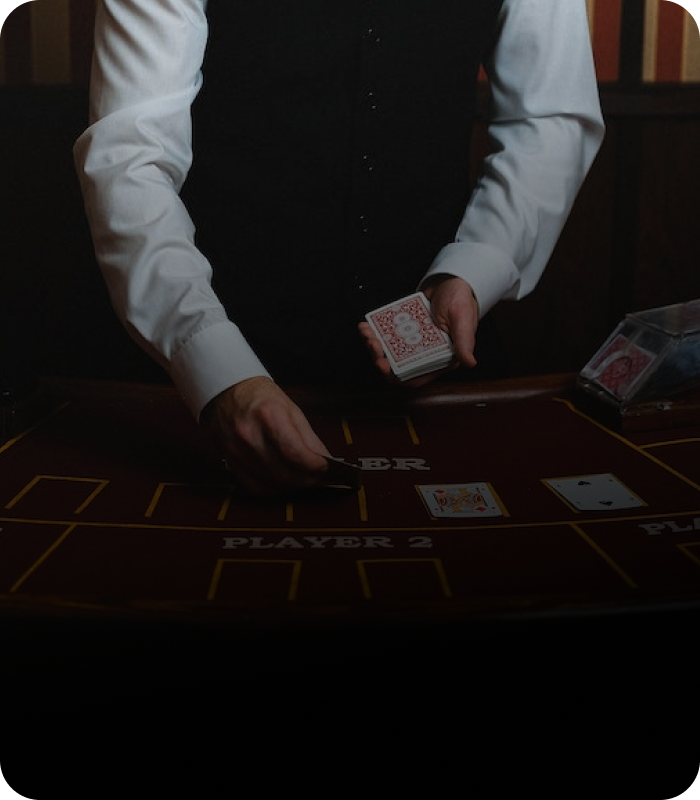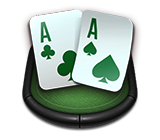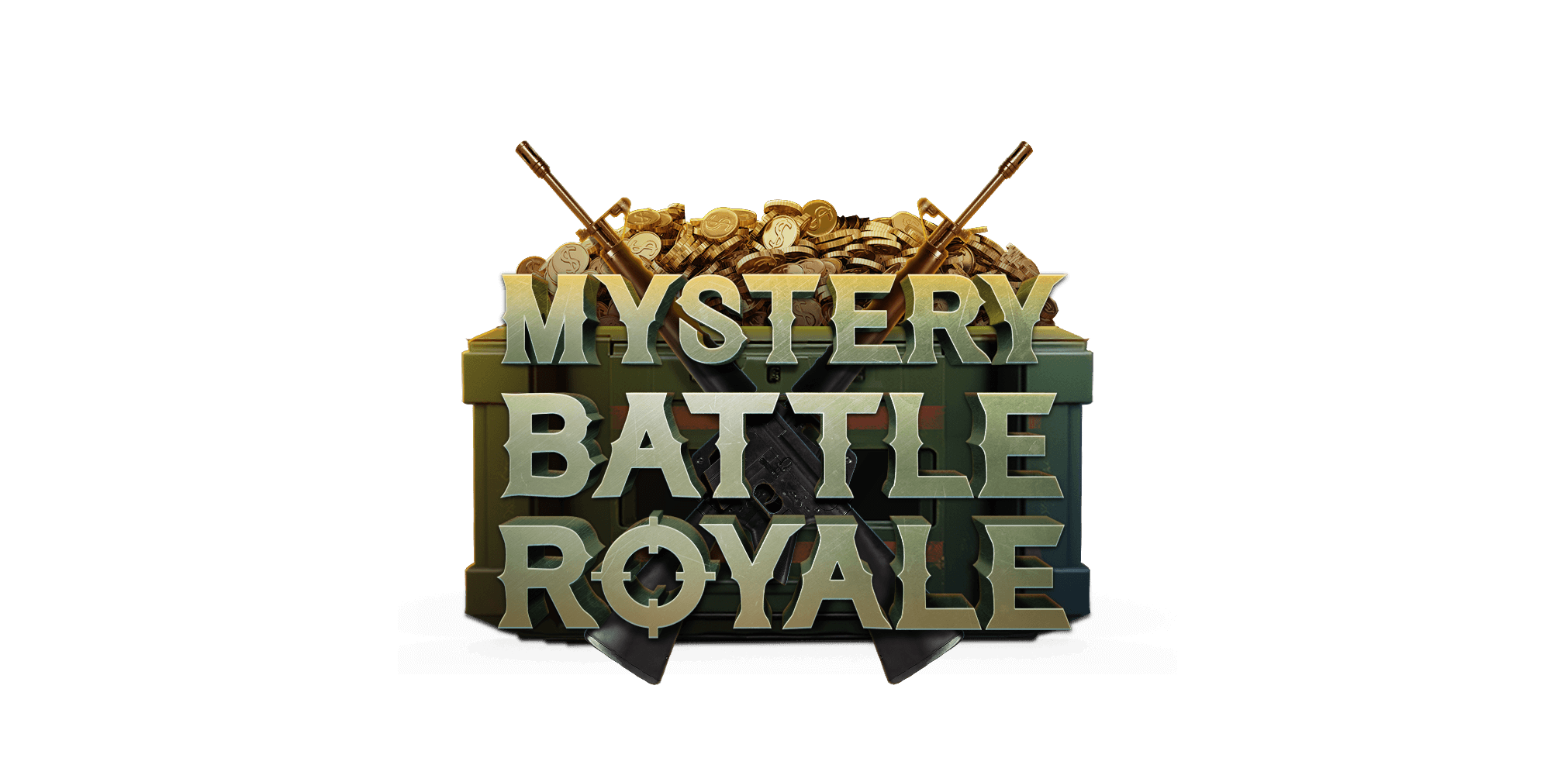
Roulette is one of the oldest casino games ever invented, with its roots reaching as far back as the 17th century. It is commonly believed that roulette was invented in Italy, but there are other popular theories about the origins of this game, enjoyed by thousands of gamblers all around the world. One of them attributes the creation of the roulette wheel to Blaise Pascal, a renowned French physicist who introduced the theory of probability to the field of mathematics.
There is no way to confirm or deny any of the versions of the roulette origin story, and much more is known about the rest of the game's history. Regardless of what you think is the most likely scenario behind the roulette game, there is no denying that its simple rules, fair odds, and the thrilling wait for its outcome have turned roulette into a near-universal global symbol of casinos and gambling all over the world.
Read this article to learn more about the origins of the game and the different variations that have emerged throughout the ages.
A Brief History of Roulette
 Despite an unclear origin story, the history of roulette's rise to popularity is pretty well-recorded. After emerging in the 17th century, it wasn't long until this luck-based game was introduced to the French aristocracy and gained immense popularity all over the country throughout the 18th century.
Despite an unclear origin story, the history of roulette's rise to popularity is pretty well-recorded. After emerging in the 17th century, it wasn't long until this luck-based game was introduced to the French aristocracy and gained immense popularity all over the country throughout the 18th century.
1700-1800s
Interestingly enough, back in those days, the game had two zero spots - a black double zero and a red single zero. Even though they had the same colors as the rest of the numbers on the wheel, the "zero" slots belonged to the house, leading to a lot of confusion when bettors who put their money on one of the colors lost their chips due to the ball falling on one of the zeros.
This is why, throughout the 1800s, it became a common practice for casinos to turn these slots green. Finally, in 1843, the owners of the Bad Homburg casino removed the double zero from the wheel altogether. This idea caught on in casinos around Europe really quickly, leading to the European roulette variant people play today.
Roulette in the New World
As roulette was gaining popularity (and notoriety) across Europe, it began to gain some traction in North America, as well. Particularly in the United States, which was a brand new country back then, counting only 16 states. The Americans put their own twist on the game by adding an eagle spot to the wheel, increasing the house edge.
Contrary to the roulette variant played in Europe, the house now had three guaranteed winning spots. As opposed to their European counterparts, American casinos never removed the double zero from the game, and the variant with two zeros and one eagle remains the predominant version in the Americas.
The Digital Age
 The final major development in the history of roulette is, of course, the rise of online gambling and digital (or video) roulette slots. Of course, computerized roulette existed long before the advent of the internet. In the 1970s and 80s, roulette machines were all the rage, with different versions, such as pinball or classic video roulette, pulling more and more people in to get into the game. You no longer had to go to a casino or gambling parlor to participate in a roulette game. All you needed was a dedicated machine and a couple of quarters.
The final major development in the history of roulette is, of course, the rise of online gambling and digital (or video) roulette slots. Of course, computerized roulette existed long before the advent of the internet. In the 1970s and 80s, roulette machines were all the rage, with different versions, such as pinball or classic video roulette, pulling more and more people in to get into the game. You no longer had to go to a casino or gambling parlor to participate in a roulette game. All you needed was a dedicated machine and a couple of quarters.
After the advent of the Internet, roulette became a staple of online casinos, just like it did at brick-and-mortar establishments. In 2022, more people play roulette online than at real casinos, showing just how much people value the convenience of being able to gamble from home.
Different Types of Roulette
Throughout its history, roulette was re-designed and modified quite a few times. This gave rise to a number of distinct types of roulette. They are all quite similar to each other, however, they do have a few key differences, which have a considerable impact on the entire process.
American Roulette
The thing that sets American roulette apart from other variants of the game is its house edge, which sits at 5.3%. This is because of the two "zero" spots. In the past, American roulette also had an extra house-owned spot with a depiction of an eagle.
Nowadays, however, you won't find many casinos that offer a roulette version with the eagle spot, as it has proven to be quite unpopular with players over the edge. Back in the days of two "zeros" and the eagle to boot, the house retained a whopping edge of 9.68%!
Other than the extra zero on the wheel, the table layout in American roulette is pretty much the same as in the other game variants.
French Roulette
 Image source: Wikipedia
Image source: Wikipedia
Contrary to its American counterpart, the house edge in French Roulette sits at only 1.35%! This is because the French variant only has one "zero" space, as opposed to two of them in the American one.
Aside from the number of zeros, another fundamental difference that sets it apart from the other game variations is two rules, unique to French roulette. The first one of them is "en prison," which keeps any losing even-money bet on the table until the next spin is over and done with. If the bet's a winner, you get to keep the money. The second one is known as "le partage," which entails players keeping half of their even-money losing bet.
As you can see, French roulette is much more forgiving than the European or American variants, which is why it's often recommended to total beginners. Good luck finding it at a U.S.-based casino, though!
European Roulette
The European roulette variant is nearly identical to the French one, with a small caveat: it doesn't have the "en prison" and "le partage" rules, affecting the house edge. In this particular variant, that edge amounts to 2.7%, roughly half of what it is in American roulette.
The rest of the game, including the table and wheel layout, is exactly the same as in French roulette.
Conclusion
As we wrap up our exploration of the history and origins of roulette and its variations, it's evident that this classic casino game has stood the test of time and continues to captivate players around the globe. From its humble beginnings in 17th-century France to its widespread popularity in modern casinos and online platforms, roulette has evolved and adapted to cater to the ever-changing preferences of players.
So, as you embark on your own roulette adventures, remember the legacy and rich heritage that lies behind this iconic game. Appreciate the artistry of the wheel, embrace the roulette strategies and nuances of the different variations, and enjoy the timeless excitement that roulette offers.






























